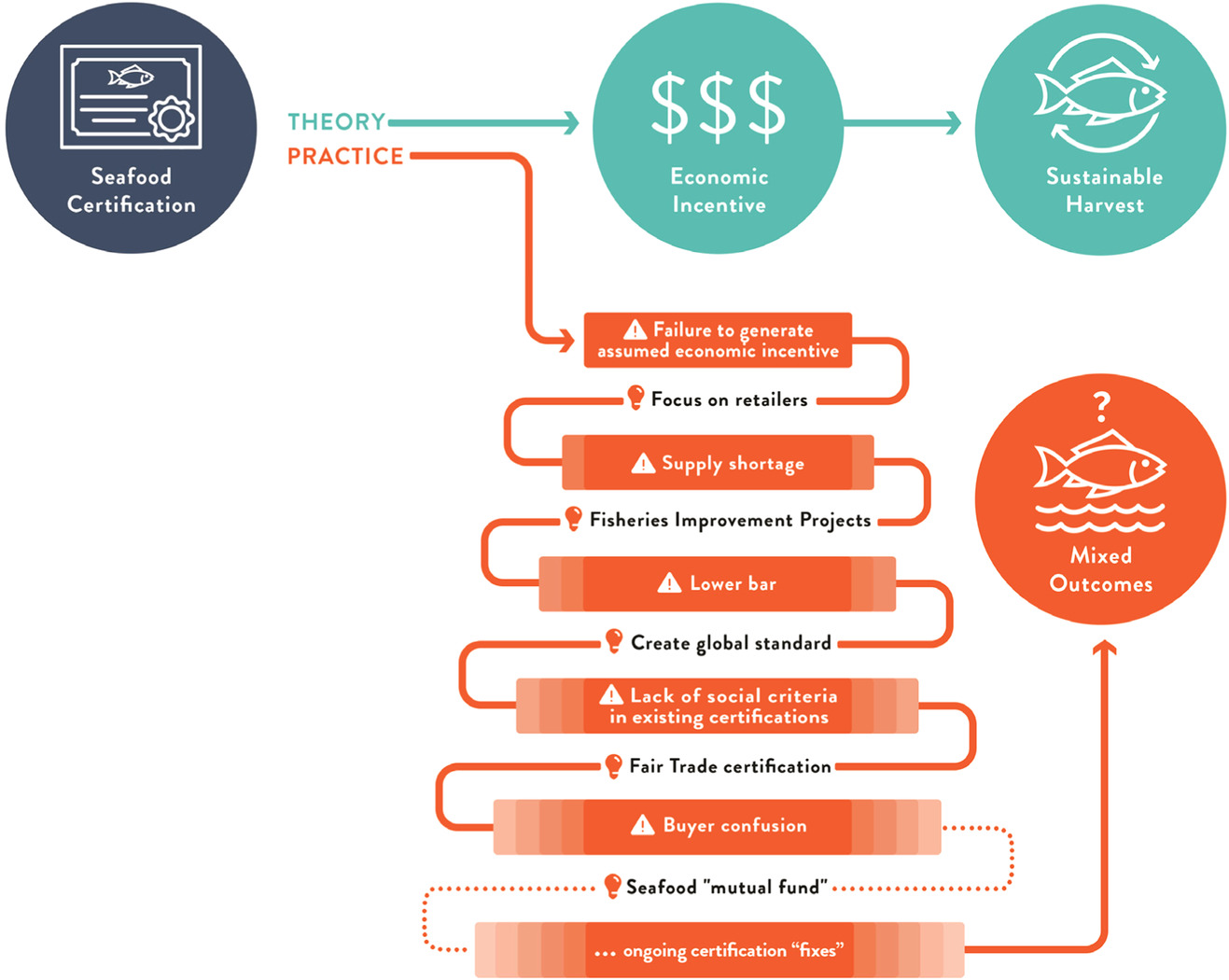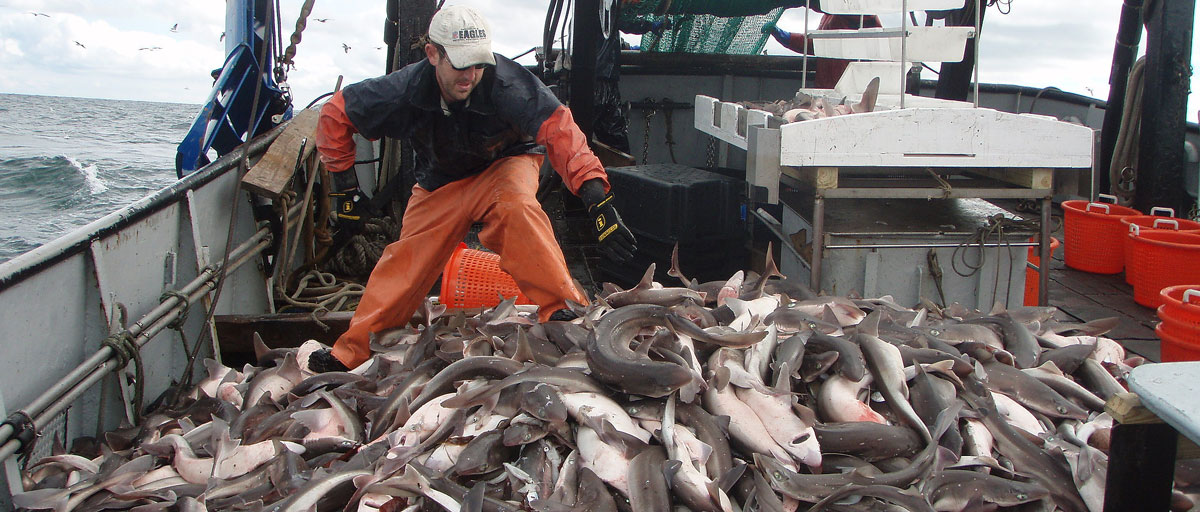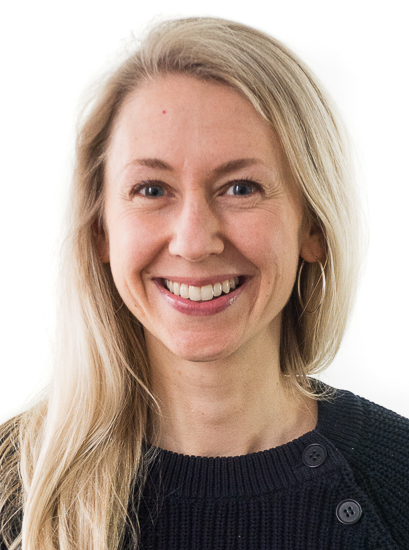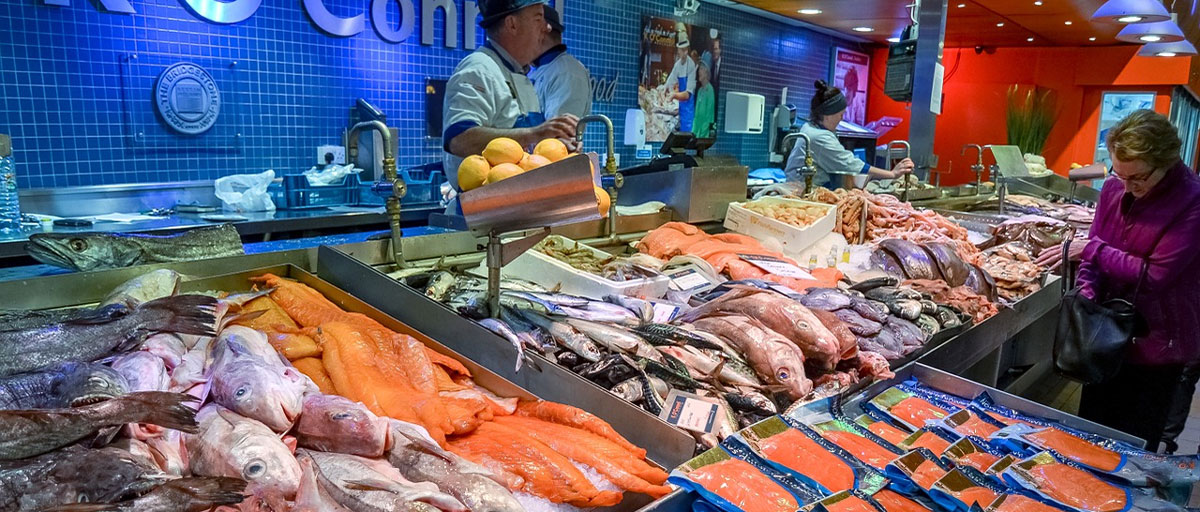Bildtext får vara max två rader text. Hela texten ska högerjusteras om den bara ska innehålla fotobyline! Photo: B. Christensen/Azote
SEAFOOD CERTIFICATION
Time for a new toolkit in sustainable fisheries
A stringent focus on seafood certification neglects the diversity of tools needed to create sustainable fishing practices and conservation
- Sustainable seafood certification helps encourage sustainable fishing practices but is often ineffective and masks the need for a more diverse range of tools.
- Researchers suggest ways of creating stronger connections between local producers and consumers along with involving fisheries in formal management.
- To enhance sustainability within fisheries, building local ties of trust is needed
The American psycologist Abraham Maslow once said: “If the only tool you have is a hammer, you tend to see every problem as a nail.” In modern seafood production, certification is considered the metaphorical hammer and the one-size-fits-all solution to everything.
According to a new study published in Conservation Letters, it is time for a new set of tools.
Led by Joshua S. Stoll from the University of Maine together with centre researcher Malin Jonell and Megan Bailey from the Life Sciences Centre in Nova Scotia, the authors argue that a stringent focus on seafood certification neglects the diversity of tools needed to create sustainable fishing practices and conservation.
Certifications are becoming a contemporary hammer in the marine conservation and stewardship toolbox.
Joshua S. Stoll, lead author
Simple in theory, a struggle in practice
Seafood certifications encourage a standard of sustainability by offering economic incentives to fisheries who follow sustainable practices. This branches off into programmes such as Fisheries Improvement Projects (FIP) for fisheries that aim for certification.
But Stoll and his co-authors argue that certification may not be so effective in practice. There is often a mismatch between the demand for eco-friendly seafood and the actual behaviour of consumers faced with higher prices. It also leaves non-certified small-scale and data poor fisheries behind, which limits the supply of eco-labelled seafood on the market.
The researchers point out main issues with this practice, stating that “these fixes are illustrative of a deepening investment in a single tool that has not been wholly effective at achieving socioeconomic and environmental sustainability and faces persistent challenges.”

Seafood certification programs are theorized to incentivize sustainable fishing practices by way of financial reward. However, certifications have not consistently created financial benefits for fishers. Click on illustratino to access scientific study.
Restoring relations, expanding solutions
The authors emphasise the need to work with a new toolkit to tackle problems within small-scale fisheries. They suggest the role of relational seafood supply chains in achieving sustainable fishing, which focus on building stronger relations between local fisheries and consumers.
To do so, they highlight three central ways enhancing local relations could strengthen sustainability within fisheries:
Financing adaptive capacity - Suggests a way for fishers to generate a higher revenue for their harvests. This occurs because of a smaller divide between seafood producers and consumers along with ties of trust that form between them. This also helps to preserve livelihoods such as salmon producers Alaskans Own strengthening connections between local consumers and producers while using extra earnings to support local conservation projects.
Facilitating production of social capital – The value of exchanges between people and groups is key to building connections and taking action around a shared goal of sustainable fishing. An example of this exists in North Carolina, USA, where connections of trust between producers and consumers lead to transparency about the quality of seafood being sourced.
Catalyzing Agency - The last contribution involves ways of supporting small-scale fisheries by including their voices in policy changes. For example, a few fishery founders in North America have been represented in fisheries management.
Ultimately, the researchers suggest that relational seafood supply chains might offer the above solutions, although they are “no more a guarantee of sustainability than are seafood certifications.”
What they can provide, however, is to put the ingenuity and problem‐solving capacity of fishers and coastal communities at the forefront of the discussion.
Stoll, J.S., Bailey, M., Jonell, M. 2019. Alternative pathways to sustainable seafood. Conservation Letters, Policy perspective, DOI: 10.1111/conl.12683










